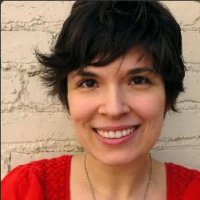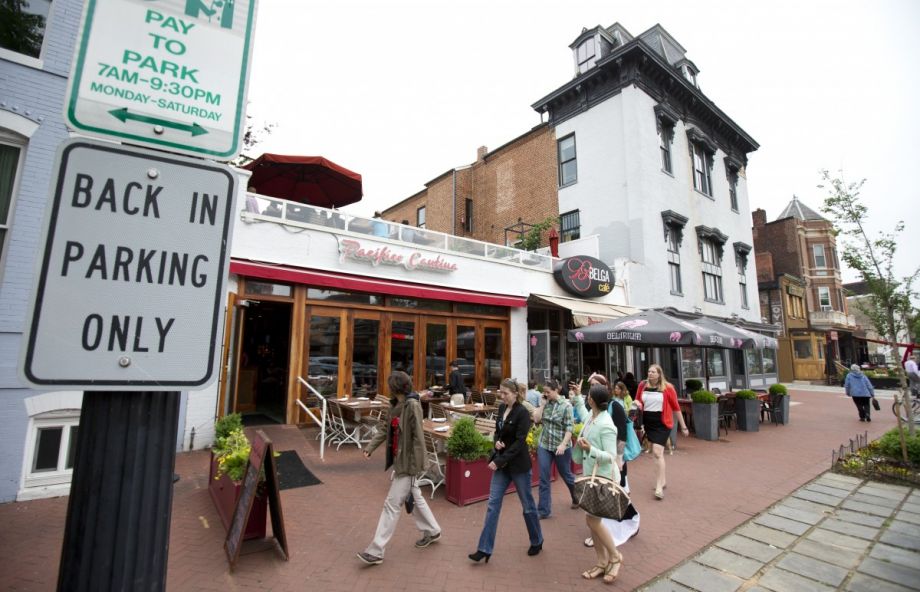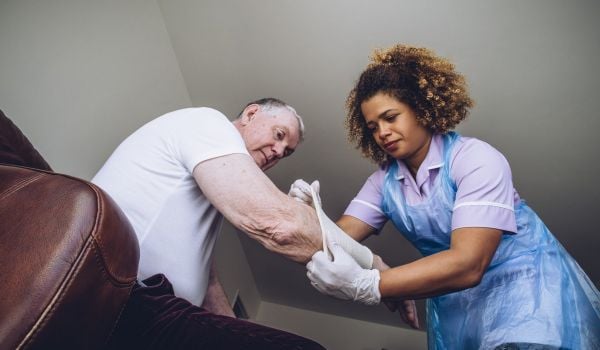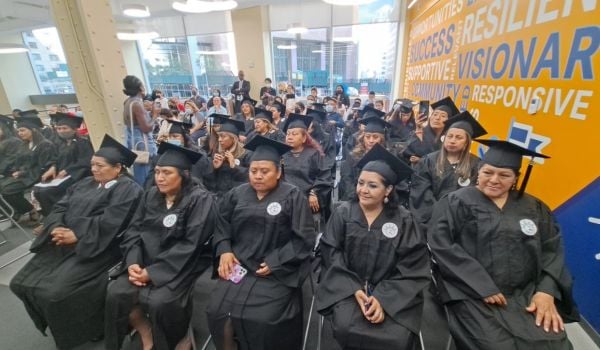In the policy world, there are carrots, and there are sticks. Washington, D.C. officials are hoping that the carrot approach will entice local businesses to pay their employees fairer wages.
It’s called the Living Wage Certification Program. In D.C., if you do business with the government, it’s the law to pay employees a “living wage” — currently set at $14.50 an hour. Under a forthcoming program, however, small businesses that choose to pay a living wage will be certified as Living Wage Businesses, giving them a boost among District shoppers who vote with their wallets.
The idea is to reward businesses that do right by their employees with publicity and promotion, similar to how a Fair Trade label carries cachet among some consumers. But as the District moves toward implementing the certification program, many questions remain — including how to define a living wage.
The District has long been a leader in progressive wage policy; according to the National Conference of State Legislatures, D.C. was the first jurisdiction to mandate a minimum wage higher than $10 an hour (in 2015), and among the first jurisdictions to pass a living wage law, back in 2006. Oxfam America, in fact, says that D.C. has the strongest labor laws in the country.
But the District is also one of the most expensive places to live in the country, with some of the worst income inequality. (It should be noted that these metrics all compare D.C., which is mostly urban and combines city and state-level governance, with states, which have urban, suburban and rural areas and separate city governance. That’s never a completely apples-to-apples comparison.) To afford an average two-bedroom apartment in the city, according to the National Low Income Housing Coalition, a worker would need to make $32.02 an hour — more than double the D.C. living wage.
And in July 2020, the minimum wage — currently $14 an hour, only $0.50 less per hour than the “living wage” — will increase to $15. At that point, District law says the living wage must be raised to equal the minimum wage.
Think Local First DC, a nonprofit that supports small and local businesses in the District, will administer the new certification program, which received a grant from the DC Department of Small and Local Business Development to do so. Michele Molotsky, managing director of the nonprofit, says that the group doesn’t yet know how it will define a living wage, but it might not align with the District’s definition.
“It’s complicated,” she says. “We have employers who don’t [pay] $14.50 an hour, but … they provide healthcare when they don’t have to by law, or have stock options and profit sharing. How do we promote and reward an employer who pays $14.50 an hour and no benefits, but not an employer that pays $14 with an entire benefits package?”
Think Local First is researching and discussing these ideas now with a committee comprised of D.C. business owners from all eight wards of the city, across a variety of sectors.
Setting the magic number that “counts” as a living wage is, of course, the hardest part — and the entire point — of such a certification. Using the District’s definition seems counterproductive. At a panel discussion on the program hosted at Busboys & Poets Anacostia last week, Ed Lazere, executive director of the left-leaning think tank DC Fiscal Policy Institute, wondered what the point of such a certification would be. “I think a $14.50 living wage certification is the wrong approach,” he told the roughly 50 audience members. MIT’s Living Wage Calculator estimates that a single person in D.C. would need to make $18 an hour to afford the cost of living, a number many in the audience still felt was too low.
Lazere later told Next City that he supported the idea of a certification “if it is done right,” suggesting that the living wage target vary by industry. “If we set the living wage for certification at something like $18 … then some businesses may not be able to ever meet that (retailers), and others will meet the standard by paying what they currently pay just because that is the industry pay,” he wrote. “If that happens, then the certification will simply let customers know which industries pay the living wage and which ones don’t – without incentivizing a change in behavior. What is the value in that? My hope is to create a standard, perhaps different by industry, that would be above the industry average, but close enough that some employers could meet it.”
He added, “It’d be nice to reward businesses that are doing better by way of their workers, [but] the key goal should not be enshrining the way the market currently operates.”
Still, advocates say the certification is a start, and could have effects for both businesses and their employees. Raj Aggarwal, board president and co-founder of Think Local First DC, says he believes such a certification could be profitable. “Young people,” he told the panel audience, “are more likely to shop based on what’s in line with their values.” Were a business to take strategic advantage of promoting a certification, it could lead to a boost in sales that outweighs the additional cost to an employer.
That doesn’t yet appear to be the case with other living wage certifications across the country (the Living Wage Network lists seven), but many are quite new.
Seth Amsden, co-owner and head chef of restaurant/market Gray Jay Provisions in Harrisonburg, Virginia, is a participant in that city’s certification program, administered by the Virginia Interfaith Network. Gray Jay pays its employees $11 an hour, significantly more than the state minimum wage of $7.25, which makes the restaurant an “aspiring” living wage provider (many certification programs offer tiers.) “A big part [of our business] was to be sustainable in all aspects,” he says. “We were pretty already keyed into those ideas, and trying to make the restaurant work following those ideas.” Gray Jay was among the first businesses in Harrisonburg to be certified after the program launched earlier this year.
Amsden says he hasn’t traced a boost in business specifically back to the certification, although the local college paper wrote a story about the program. But extra sales wasn’t necessarily the goal. “It aligns with our values and it’s something we wanted to pursue. Hopefully [people] will think more favorably of us, but that wasn’t our intention.”
Back in D.C., Molotsky couldn’t say when the certification program would go live, as Think Local First is still researching how the program will work. But she says this type of work is crucial for equity in the District. “The economy has been changing; it’s becoming wealthier and it’s pushing people out — people who have been here a long time. … The kind of thing we hope to see out of this program is that people can continue to afford to live in the city and stay in the city.”
This article is part of The Bottom Line, a series exploring scalable solutions for problems related to affordability, inclusive economic growth and access to capital. Click here to subscribe to our Bottom Line newsletter.

Rachel Kaufman is Next City's senior editor, responsible for our daily journalism. She was a longtime Next City freelance writer and editor before coming on staff full-time. She has covered transportation, sustainability, science and tech. Her writing has appeared in Inc., National Geographic News, Scientific American and other outlets.
Follow Rachel .(JavaScript must be enabled to view this email address)






_600_350_80_s_c1.jpg)











